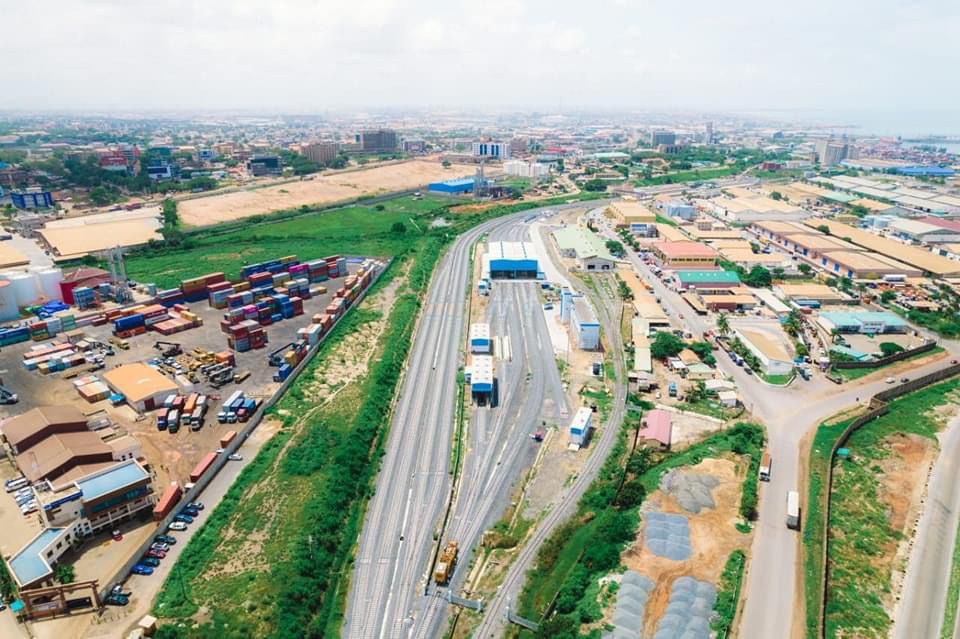
Understanding Ghana's Land Use and Planning Laws: A guide to zoning, building permits, and environmental regulations

To ensure sustainable development and protect the environment, the country has enacted a range of laws and regulations governing land use and planning.
In Ghana, land use and planning laws are primarily governed by the Land Use and Spatial Planning Act, 2016 (Act 925), which repealed and replaced the Town and Country Planning Act, 1960 (Act 64) under the auspices of the Land Use and Spatial Planning Authority (LUSPA), mandated to ensure the sustainable development of land and human settlements through a decentralized planning system amongst others.
They are to ensure that, the District Assemblies in collaboration with the development institutions perform site and service programs for the purpose of development.
This article will provide an overview of the laws that regulate land use and planning in Ghana, including land ownership, zoning regulations, building permits, and environmental impact regulations.
Legal FrameworkGhana has laws and regulations governing land use and planning, primarily the Land Use and Spatial Planning Act, 2016 (Act 925), Zoning and Land Use Regulations, 2019 (LI 2384), the National Building Regulations, 1996 and the Local Government Act, 2016.
These laws cover issues such as land ownership, zoning regulations, building permits, and environmental impact assessments.
These laws also aim to ensure that development activities in Ghana are conducted in a safe, sustainable, and environmentally friendly manner.
In summary, while ACT 925 provides a comprehensive legal framework for regulating and managing land use and planning in Ghana, the Zoning and Land Use Regulations, 2019 (LI 2384) provides detailed guidelines for preparing and implementing zoning plans in Ghana.
Land Ownership in GhanaIn Ghana, land ownership is regulated by the Land Act 2020 (ACT 1036), which recognizes two types of land: public land and private land.
Private land, on the other hand, is owned by individuals or organisations and can be used for residential, commercial, or industrial purposes.
Land ownership is a critical aspect of land use and planning in Ghana.
The complex system of customary and statutory law governing land ownership in Ghana has significant implications for land use and planning, as it determines who has the right to use and develop land in particular areas.
The Land Act recognizes several types of land ownership, including customary, public, and state land.
This has implications for land use and planning, as different types of land ownership may be subject to different regulations and restrictions.
ZoningPhysical planning units under Metropolitan/Municipal/District Assemblies (MMDAs) use zoning as a tool to specify the appropriate use and kind of development for and on a parcel of land.
The EIA process involves an assessment of the potential environmental impacts of a proposed project and the development of measures to mitigate or avoid these impacts.
One of the key laws governing environmental impact assessments in Ghana is the Environmental Assessment Regulations of 1999, which sets out the requirements for environmental impact assessment studies (EIAs) to be conducted prior to the approval of certain development projects.
The Environmental Assessment Regulations require that an EIA be conducted for any development project that is likely to have significant environmental impacts, such as large-scale construction projects, mining activities, or industrial operations.
In addition to the Environmental Assessment Regulations, other environmental laws in Ghana that impact land use and planning include the Water Resources Commission Act of 1996, which regulates the use and management of water resources, and the Ghana Forest and Wildlife Policy of 2012, which aims to protect and conserve Ghana’s flora, and fauna and to promote the rehabilitation and restoration of degraded landscapes through forest plantation development.
ConclusionGhana’s land use and planning laws are critical to ensuring that development projects are carried out sustainably and responsibly that benefit both people and the environment.






